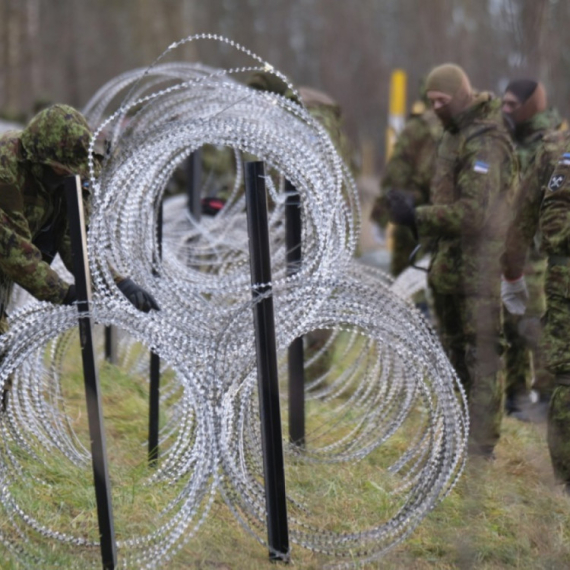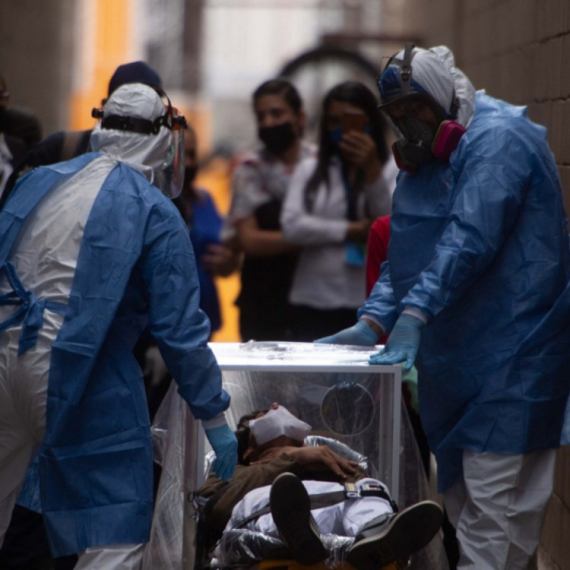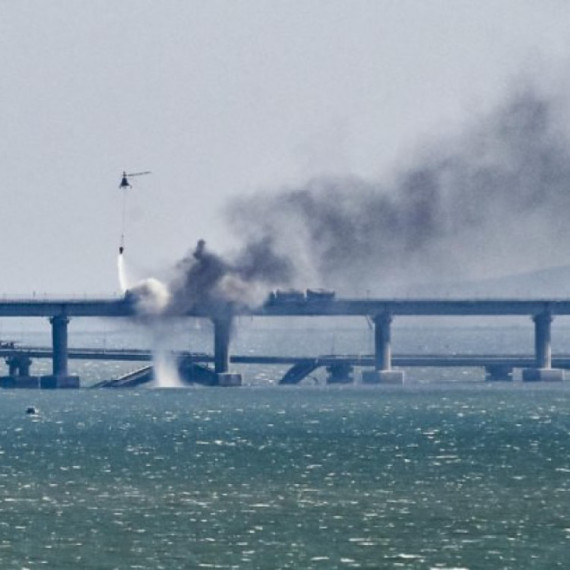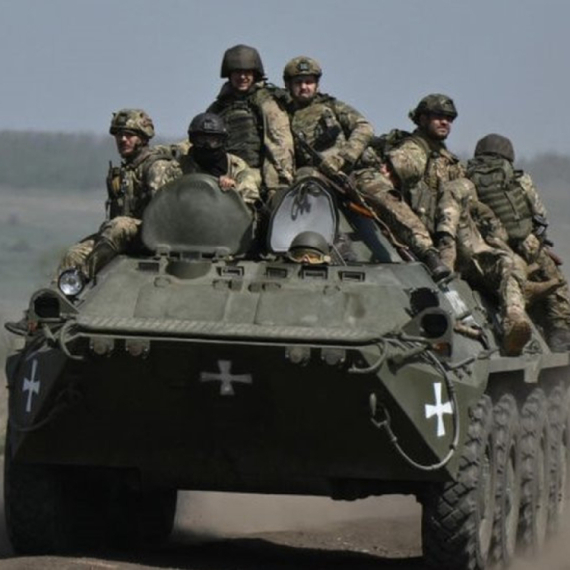Unions cautious about govt. measures
Representatives of the country's major unions say the government economic crisis group measures will bring nothing new.
Thursday, 20.08.2009.
15:44

Representatives of the country's major unions say the government economic crisis group measures will bring nothing new. Instead, the measures deal with issues that have already been arranged by laws, say the unions. Unions cautious about govt. measures Their estimate is that some 40 protests and strikes on a daily basis could turn out to be only an introduction to "a hot union fall", unless the announced measures help. The package contains nine items, that are yet to be specified. The working group's measures include securing regular pension insurance payments and regulating of necessary healthcare, Labor Minister Rasim Ljajic said. Those workers deemed most vulnerable will be paid short-term money assistance, he also stated. The working group, headed by Ljajic, will also check "which companies have broken the law to the detriment of workers". On Wednesday evening, the minister explained this was only a "general suggestion". "Workers will be allowed to have linking of years of service, to achieve their healthcare rights, that is, insurance. The other part of the measures is related to various forms of one-time assistance, subsidies, especially in undeveloped municipalities, in order to help those workers who lost their jobs." "The third group of measures is related to stronger inspection supervision in those cases where there's justifiable suspicion that serious criminal acts or abuse by new owners took place," said he. But more supervision, Ljajic continued, does not mean a revision of the privatization process, rather, it will serve to check individual, concrete cases. Although the unions have not been given the document containing the measures, Independent Unions of Serbia President Ljubisav Orbovic says he has had a chance to see it during a meeting at the ministry. According to him, the working group is not proposing many new measures. The biggest news, Orbovic said, would be if existing laws were to "simply be respected". "A good portion of these measures is based on some legal regulations that have existed thus far as well, when it comes to contributions payment and salaries, and if there is the government's readiness to respect what the working group has proposed I think that tensions will decrease. What's also important is that the working group will go to the filed and attempt to prevent protests, and to instead point out to the problems and try and solve them," he stated. But the Association of Branch Unions Independence officials say they haven't even seen the measures in questions. The organization's vice president Zoran Stojiljkovic reminds that the government premised to implement the same measures that Ljajic talks about now back in April. "We in the unions, and I suppose employers too, expected some sort of a projection to be made much earlier over how much emergency money is needed in order to put down the social fire, and to avoid to all intents and purposes doubling the number of poor people in the country. Just as we expected some sort of tripartite mobile teams to be set up before the summer that would analyze strikes and try to either act preventively or intervene," said Stojiljkovic. According to Ljajic's plan, the so-called social partners will have a week to give their opinion on the package of measures once they get it.
Unions cautious about govt. measures
Their estimate is that some 40 protests and strikes on a daily basis could turn out to be only an introduction to "a hot union fall", unless the announced measures help.The package contains nine items, that are yet to be specified.
The working group's measures include securing regular pension insurance payments and regulating of necessary healthcare, Labor Minister Rasim Ljajić said.
Those workers deemed most vulnerable will be paid short-term money assistance, he also stated.
The working group, headed by Ljajić, will also check "which companies have broken the law to the detriment of workers".
On Wednesday evening, the minister explained this was only a "general suggestion".
"Workers will be allowed to have linking of years of service, to achieve their healthcare rights, that is, insurance. The other part of the measures is related to various forms of one-time assistance, subsidies, especially in undeveloped municipalities, in order to help those workers who lost their jobs."
"The third group of measures is related to stronger inspection supervision in those cases where there's justifiable suspicion that serious criminal acts or abuse by new owners took place," said he.
But more supervision, Ljajić continued, does not mean a revision of the privatization process, rather, it will serve to check individual, concrete cases.
Although the unions have not been given the document containing the measures, Independent Unions of Serbia President Ljubisav Orbović says he has had a chance to see it during a meeting at the ministry.
According to him, the working group is not proposing many new measures. The biggest news, Orbović said, would be if existing laws were to "simply be respected".
"A good portion of these measures is based on some legal regulations that have existed thus far as well, when it comes to contributions payment and salaries, and if there is the government's readiness to respect what the working group has proposed I think that tensions will decrease. What's also important is that the working group will go to the filed and attempt to prevent protests, and to instead point out to the problems and try and solve them," he stated.
But the Association of Branch Unions Independence officials say they haven't even seen the measures in questions. The organization's vice president Zoran Stojiljković reminds that the government premised to implement the same measures that Ljajić talks about now back in April.
"We in the unions, and I suppose employers too, expected some sort of a projection to be made much earlier over how much emergency money is needed in order to put down the social fire, and to avoid to all intents and purposes doubling the number of poor people in the country. Just as we expected some sort of tripartite mobile teams to be set up before the summer that would analyze strikes and try to either act preventively or intervene," said Stojiljković.
According to Ljajić's plan, the so-called social partners will have a week to give their opinion on the package of measures once they get it.






































Komentari 0